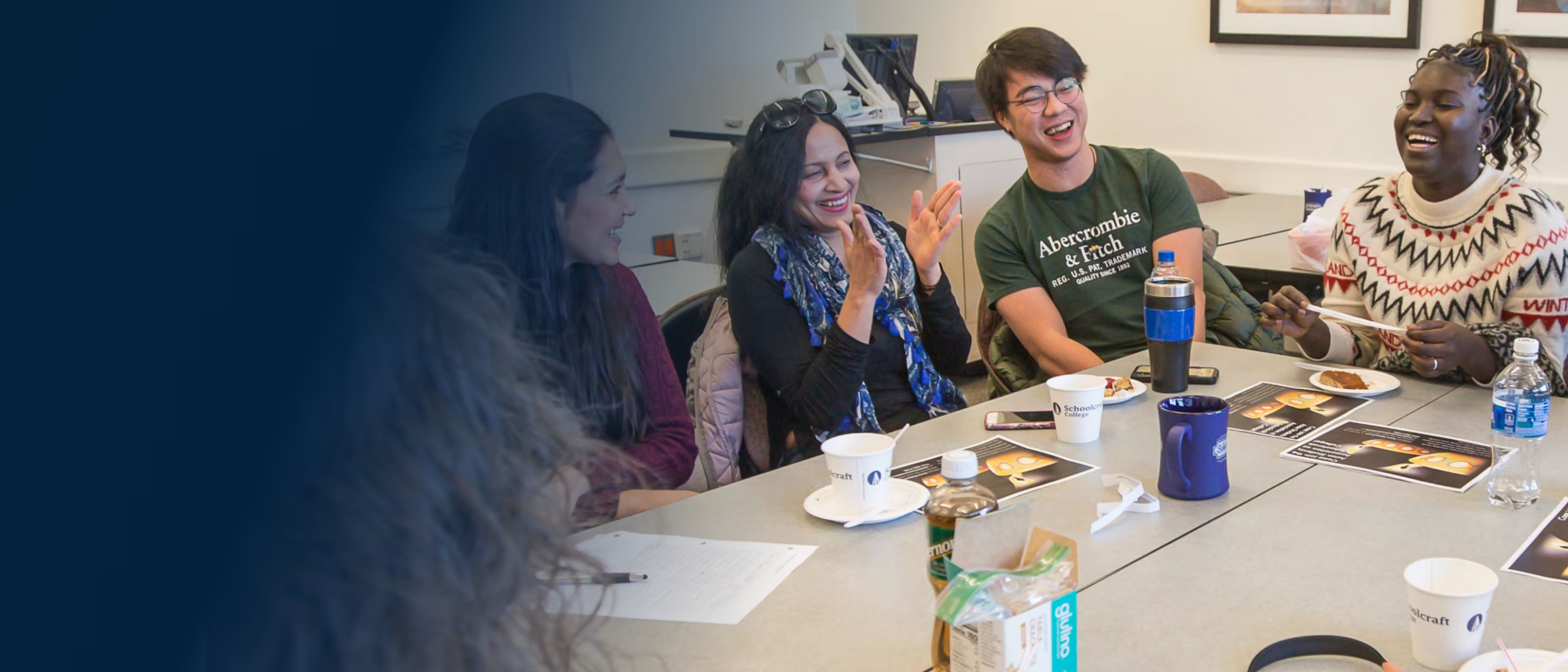Filters
Filters
- Preparatory
- Certificate
- Healthcare Programs
- Phlebotomy
Sort by
3 Phlebotomy Certificate Programs


Schoolcraft College
Medical Assisting: Phlebotomy Skills Certificate
- Livonia, USA
Certificate
Full time, Part time
3 semesters
On-Campus
English
The phlebotomy certificate prepares the student for employment as a phlebotomist with job opportunities in a medical office, clinic, or healthcare facility. The phlebotomist is trained to draw blood through a method called venipuncture. A venipuncture is performed when a large specimen of blood is needed for testing.


Aiken Technical College
PATIENT CARE ASSISTANT CERTIFICATE
- Graniteville, USA
Certificate
Full time
38 hours
On-Campus
English
The Patient Care Assistant Certificate prepares students to work in hospitals, doctors’ offices, medical clinics, skilled nursing facilities, as well as other short-term and long-term care facilities under the direction and supervision of a registered nurse.
Best programs for you
Answer a few questions and we'll match you with programs!


Hollywood Institute of Beauty Careers
Certificate for MEDICAL ASSISTANT
- Hollywood, USA
Certificate
Full time, Part time
8 months
On-Campus
English
Our primary purpose is to provide our students with a foundational understanding of the medical field while creating an educational atmosphere that students will love being around. Our Medical Assistant program is intended to empower students to tackle challenges and take on experiences that may be new to them.
Popular Healthcare Programs Phlebotomy degree types
Popular study format
Popular locations
Learn more about Phlebotomy Certificate programs
Phlebotomy degree programs at the Certificates level provide specialized training focused on blood collection techniques and patient care. This field uniquely combines hands-on skills with patient interaction, making it essential for various healthcare settings.
Through coursework in phlebotomy practices, you'll learn about anatomy, safety procedures, and proper techniques for blood draws. Skills gained include performing venipunctures, using blood collection equipment, and maintaining sterile environments. The program emphasizes both practical and theoretical knowledge, helping students build confidence in a critical healthcare role. The fast-paced nature of the program allows students to engage actively with new information, enhancing their adaptability and readiness for the workforce.
Graduates often find opportunities in hospitals, laboratories, and clinics, where they're key players in patient diagnostics. Earning a certificate in phlebotomy can open doors to various career paths, including becoming a certified phlebotomist or even advancing to roles in laboratory management. With an increasing demand for skilled healthcare professionals, a phlebotomy certificate can be a valuable asset in building a rewarding career.